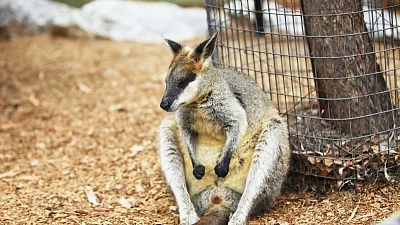Over 60 Australian species face extinction within 20 years: Study
In a study published on Tuesday, a team from Charles Darwin University (CDU) identified 63 vertebrates they believe are most likely to go extinct by 2041, Xinhua news agency reported

Australian researchers have identified more than 60 animal species that might face extinction within 20 years.
In a study published on Tuesday, a team from Charles Darwin University (CDU) identified 63 vertebrates they believe are most likely to go extinct by 2041, Xinhua news agency reported.
However, they found that even limited conservation efforts could save at least 47 of the species, including 21 fishes, 12 birds, six mammals, four frogs and four reptiles.
"We know who they are, where they are, what threatens them and have a good idea of how to save them. It just needs commitment," Stephen Garnett, a conservation biologist and co-author of the study, was quoted by the Australian Associated Press.
About half the habitat of the 47 species are in existing nature reserves, meaning small, targeted conservation efforts would be possible and relatively inexpensive.
Other species such as the King Island brown thornbill and the swift parrot would require new habitat protections.
Researchers warned that five reptiles, four birds, four frogs, two mammals and a fish that have not been spotted recently would be the hardest to save.
"These are the biggest worry," Garnett said.
"If you can't find something, you cannot help it. But we need to make really sure they are gone before we give up."
Four more species including a frog, fish, lizard and a shrew, were determined to be already extinct.
On Monday, a separate study from CDU, the International Union for Conservation of Nature, and the Conservation International found that 21 per cent of reptile species globally are threatened with extinction.
Follow us on: Facebook, Twitter, Google News, Instagram
Join our official telegram channel (@nationalherald) and stay updated with the latest headlines
Published: 25 May 2022, 10:30 PM
